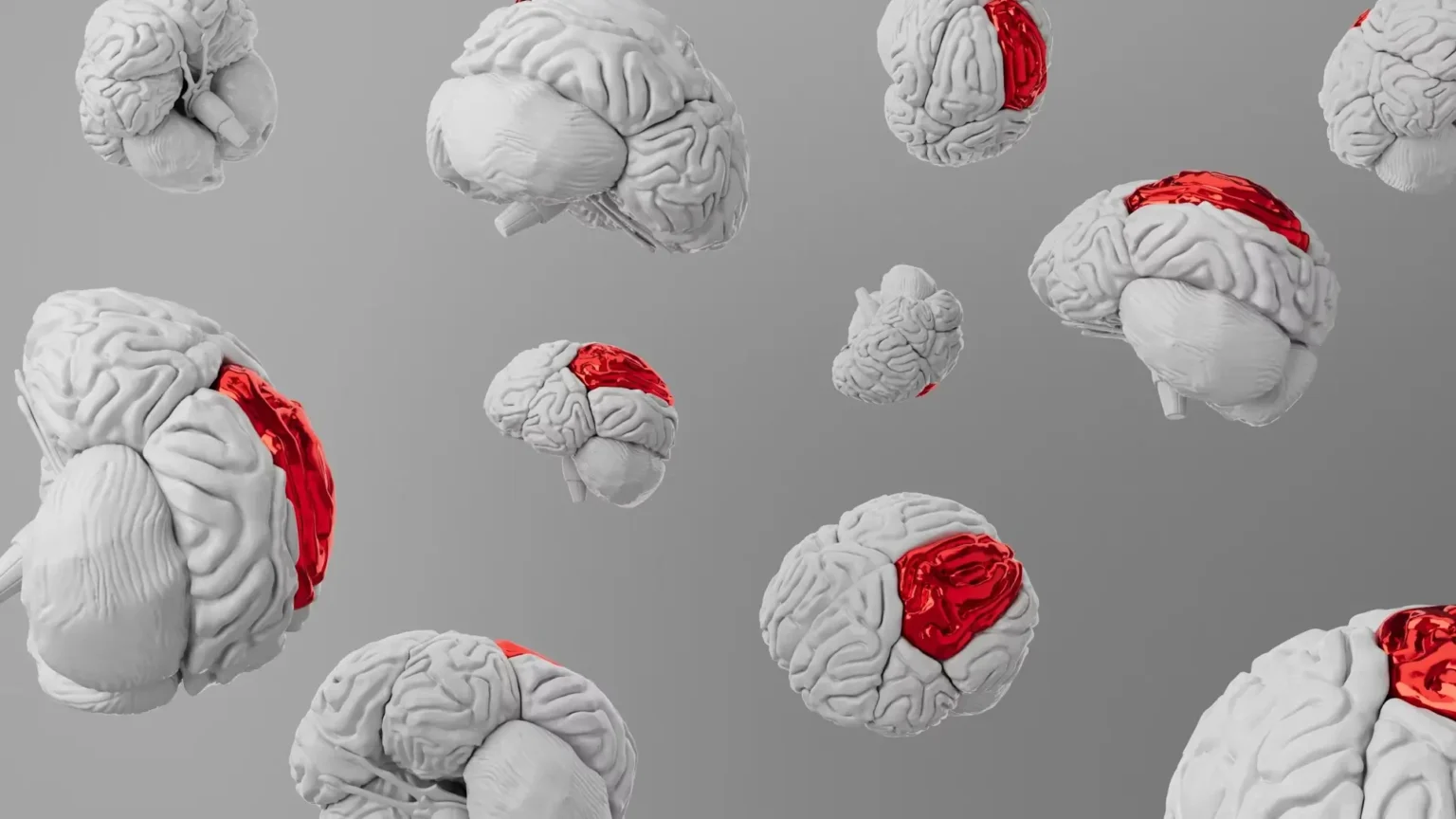Supporting mental sharpness comes down to practical daily choices that build up over time. Much like physical fitness, cognitive health responds to consistent care through targeted activities and mindful habits. Small adjustments to daily routines, from food choices to mental exercises, add up to significant cognitive benefits.
A mix of physical activity, restful sleep, mental stimulation, and proper nutrition creates an environment where the brain can maintain its natural resilience. Making these positive changes at any age helps preserve mental acuity and supports long-term cognitive well-being.
The Importance of Cognitive Health Over Time
Mental stimulation and healthy lifestyle choices can protect your brain health as you age. Implementing proactive brain care strategies like eating a balanced diet, sticking to a sleep schedule, and regularly exercising can also enhance your mental acuity. Even simple changes, like eating more vegetables or taking a walk during your lunch break, boost memory and fight off age-related conditions.
Understanding Brain Changes
Adults who stay mentally active often maintain sharper cognitive abilities as they mature. Mental engagement strengthens existing neural connections while creating new pathways for learning and memory. This natural adaptability allows the brain to compensate for age-related changes, supporting continued mental agility through various life stages.
Prevention Through Early Action
Starting brain-healthy practices early maximizes their protective benefits. Mental stimulation through varied activities builds cognitive reserves that support mental function over time. Regular engagement in learning experiences, combined with healthy lifestyle choices, creates lasting positive effects on memory, problem-solving abilities, and overall cognitive performance.
Lifestyle Habits to Support Brain Health
Daily habits shape cognitive wellness through cumulative effects on brain function. Simple activities like walking after dinner, setting consistent sleep schedules, and taking short breaks during focused work create positive patterns. These practices can reduce your stress, minimize fatigue, and help you fight off mental fog. Small adjustments to existing routines make lasting impacts on cognitive performance without demanding major lifestyle overhauls.
Physical Activity Benefits
Movement throughout the day stimulates blood flow to the brain. As such, a brisk morning walk, gentle stretching between tasks, or dancing to your favorite music can support mental clarity and focus throughout the day. Physical movement paired with mental engagement, like walking with a friend or learning new dance steps, multiplies these positive effects on brain health.
Sleep and Stress Management
Quality sleep gives the brain essential time for repair and memory consolidation. Creating a calm bedtime routine, limiting evening screen time, and maintaining consistent sleep hours promote restorative rest. Regular relaxation practices like deep breathing or gentle stretching reduce mental tension, making room for clearer thinking and better focus during waking hours.
Mental Exercises to Keep Your Mind Sharp
Your mind works a lot like a muscle, responding to regular, varied challenges with increased strength and flexibility. Picking up new skills or hobbies pushes the brain to form fresh neural connections, while social activities add layers of cognitive complexity through conversation and emotional processing. Different types of mental stimulation target various cognitive areas, from memory and problem-solving to creative thinking and verbal fluency.
Brain Training Activities
Novel experiences create stronger mental pathways than familiar routines. Learning a musical instrument, studying a language, or mastering a craft introduces productive struggle that strengthens cognitive function. Social activities like group discussions, game nights, or collaborative projects combine mental stimulation with meaningful connections, amplifying cognitive benefits through shared learning and discovery.
Mindfulness Practices
Focused attention through meditation and mindfulness strengthens mental clarity and emotional regulation. Simple practices like observing breath patterns, scanning physical sensations, or practicing single-task focus build concentration naturally. These moments of directed awareness reduce mental clutter while improving attention span and mental resilience.
Final Thoughts
Small shifts in daily routines support lasting cognitive wellness. Mixing physical activity, mental challenges, and nourishing foods creates natural opportunities for brain health. Start with one change that fits your current schedule – whether that’s a morning walk, a new hobby, or a mindful meal.


